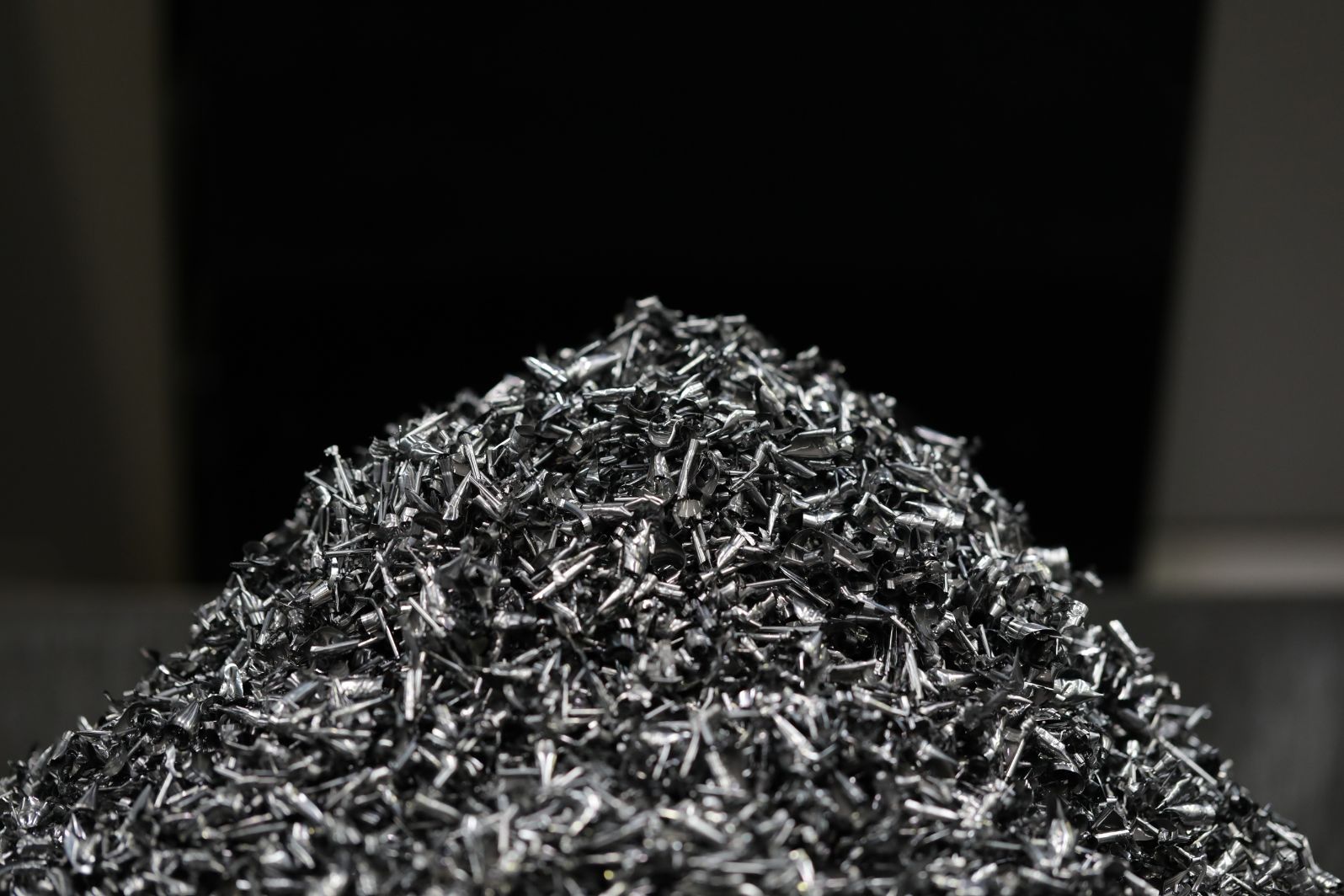Did you know that metal waste can be a hidden treasure? Recycling metal waste not only helps conserve our resources but also drastically reduces pollution. By repurposing discarded metals, we can sustain the environment and reduce the need to mine new materials.
Additionally, metal recycling supports economic growth and creates green jobs. It saves energy and cuts down on manufacturing costs.
This post will explore four compelling reasons why recycling metal waste is essential for a greener and more sustainable future. Keep on reading!
Table of Contents
1. Conservation of Natural Resources
Recycling metal helps protect natural resources that are limited, like iron ore, bauxite, and copper, which are usually mined. Not only does mining use a lot of energy, but it also uses up the earth’s resources. Recycling metals cuts down on the need for new raw materials, which protects natural resources for future generations.
Recycling metals also lessens the damage that mining does to the environment, like cutting down trees, eroding soil, and destroying habitats. Recycling cuts down on the amount of resources we need to take from the earth, so we use resources in a balanced way over time.
2. Energy Efficiency
It takes a lot more energy to make new metal from raw materials than to recycle old metal. When you recycle aluminum, you can save up to 95% of the energy that is needed to make new aluminum from bauxite ore. Recycling steel also saves between 60 and 74% of the energy needed to make it from new materials.
By recycling with less energy, we also cut down on carbon emissions that make climate change worse. Recycling metal is an important part of moving to a low-carbon economy because it saves energy.
3. Reduction of Landfill Waste
Landfills are getting too full very quickly, and metal waste is a big part of the problem. Things like old electronics, appliances, and cars often have metals that could be recycled instead of ending up in landfills.
Recycling metal waste cuts down on the amount of trash that ends up in landfills, which saves space and lowers the environmental risks that come with leachate and pollution in landfills. Metals can also be recycled over and over again without losing any of their properties.
4. Economic Benefits
Recycling metal helps the economy because it creates jobs in the areas of picking up, sorting, and processing recyclables. It also gives businesses a cheaper and more long-lasting way to get raw materials than mining and making things from new ores.
Recycling metals can also save businesses money by lowering the cost of disposal fees and letting them sell scrap metal. The recycling industry’s growth offers a long-term economic model that is good for both the environment and the economy.
By understanding what types of metals can be recycled, consumers and industries alike can make informed decisions about proper disposal and collection. This awareness further supports efforts toward a more sustainable future.
Transforming Perspectives on Metal Waste
Recycling old metal is not only good for the environment, it’s also a key step toward sustainability. We save energy and resources by dealing with the problems that come with metal landfill waste.
Recycling every piece of metal waste means cutting down on mining and tree cutting. It also cuts down on pollution and overflowing landfills.
Recycling metal waste is good for the economy. Working to recycle metal waste will lead to a greener future in the long run.
Did you like this guide? Great! Please browse our website for more!



